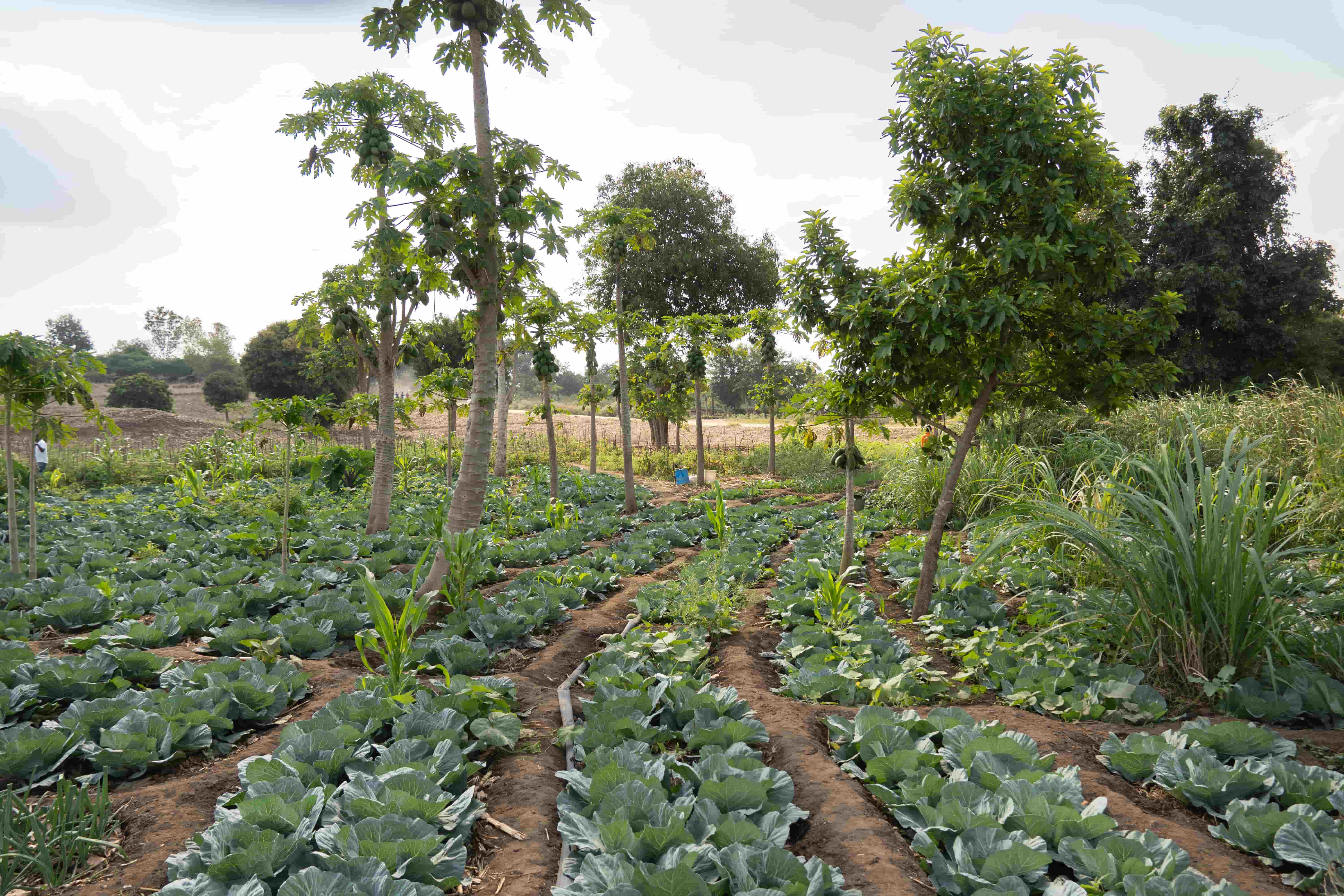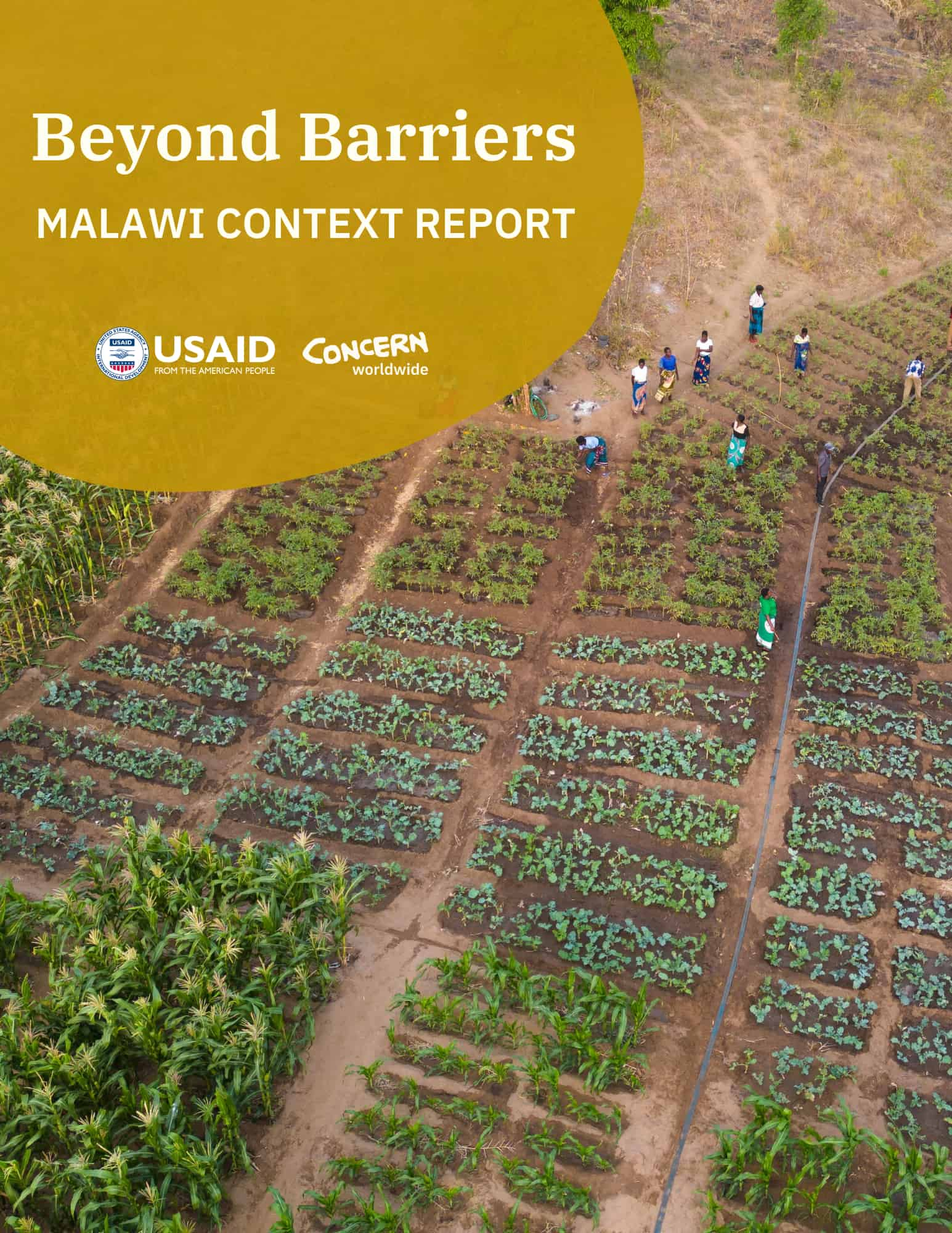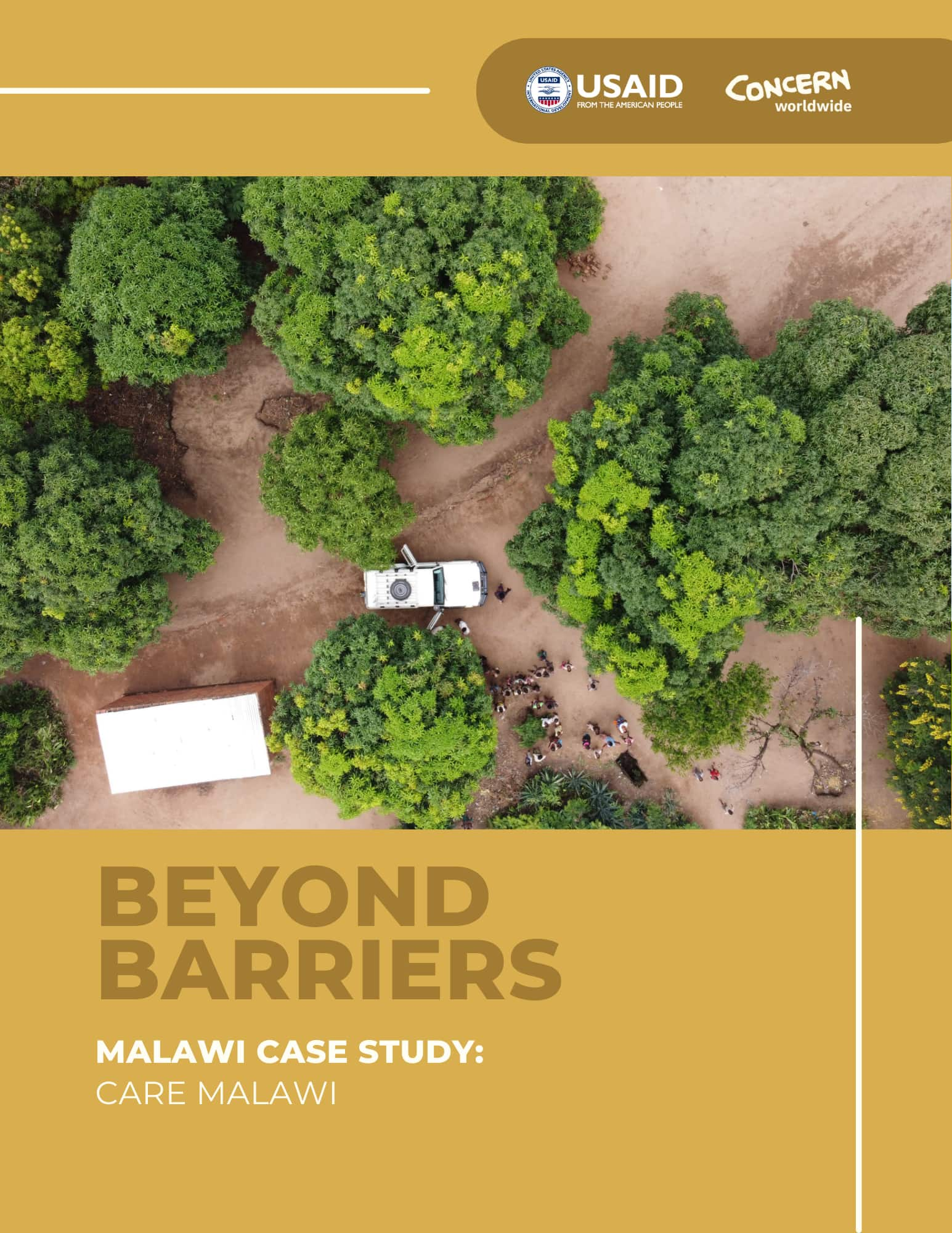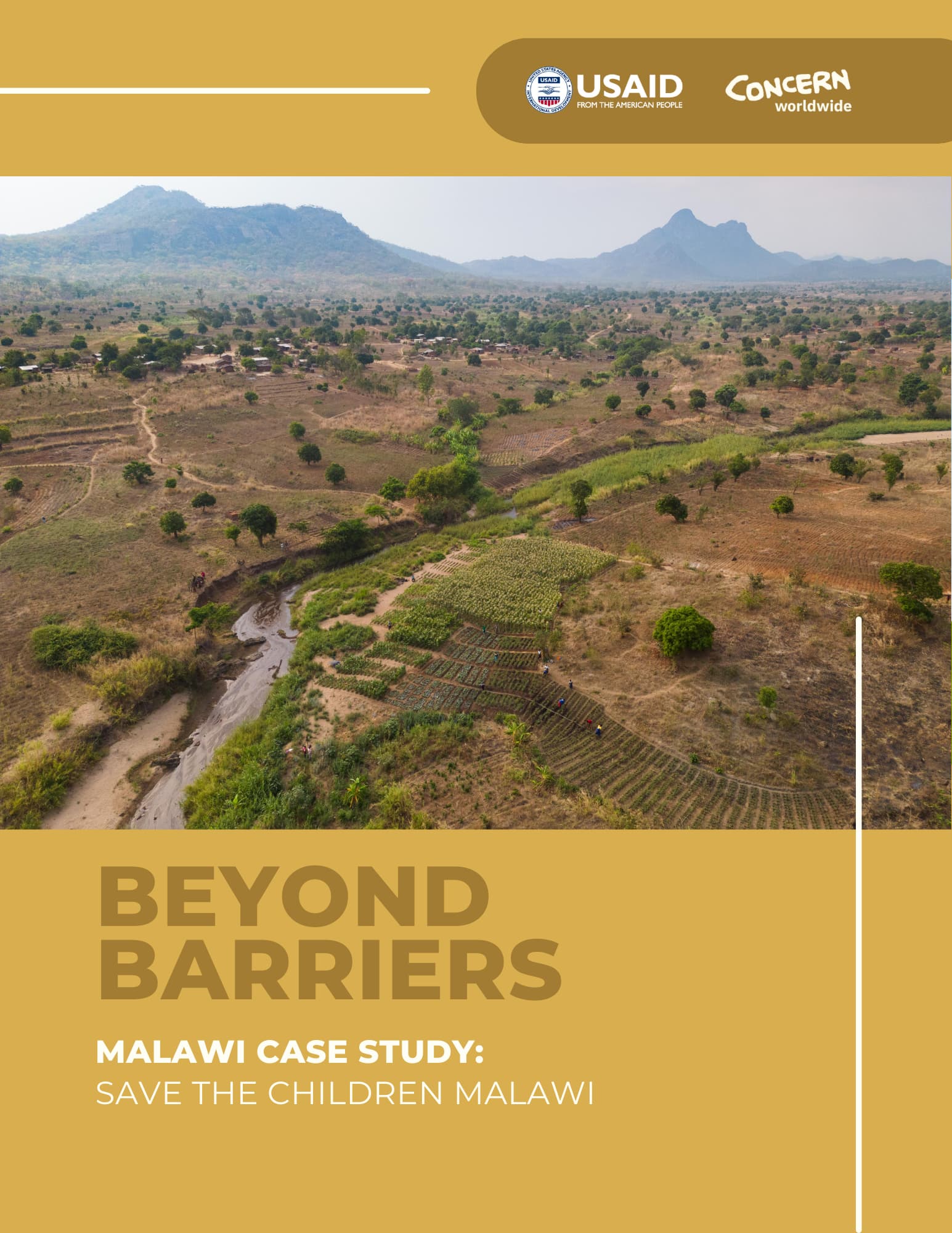Due to a confluence of economic, geographic, and environmental factors, Malawi is affected by several risks and shocks. A heavily agrarian economy, 80% of rural livelihoods, 30% of GDP, and 80% of export revenues in Malawi are dependent on agriculture which mostly relies on rainfall for its water supply (World Bank 2023). As such, humanitarian crises in Malawi are largely related to extreme weather and climate events, with several cyclones and tropical storms leading to flooding, food insecurity, and internal displacement in the past several years. The Malawi government leads humanitarian responses through the Department of Disaster Management Affairs and is complemented by an extensive local government system through the Civil Protection Committees.
Our Partner in Malawi

Centre for Environmental Policy and Advocacy (CEPA)
The Centre for Environmental Policy and Advocacy (CEPA) is a non-profit research and advocacy organization with 22 years of operation, registered in 2002. CEPA is a think tank that provides advice and conducts research on policies and legislation relevant to Disaster Risk Management, climate change, environment and natural resources management. The vision of CEPA is “a just and equitable society that promotes sustainable development.” The mission is to be a think tank and advocacy institution promoting sustainable environment and natural resources management.



